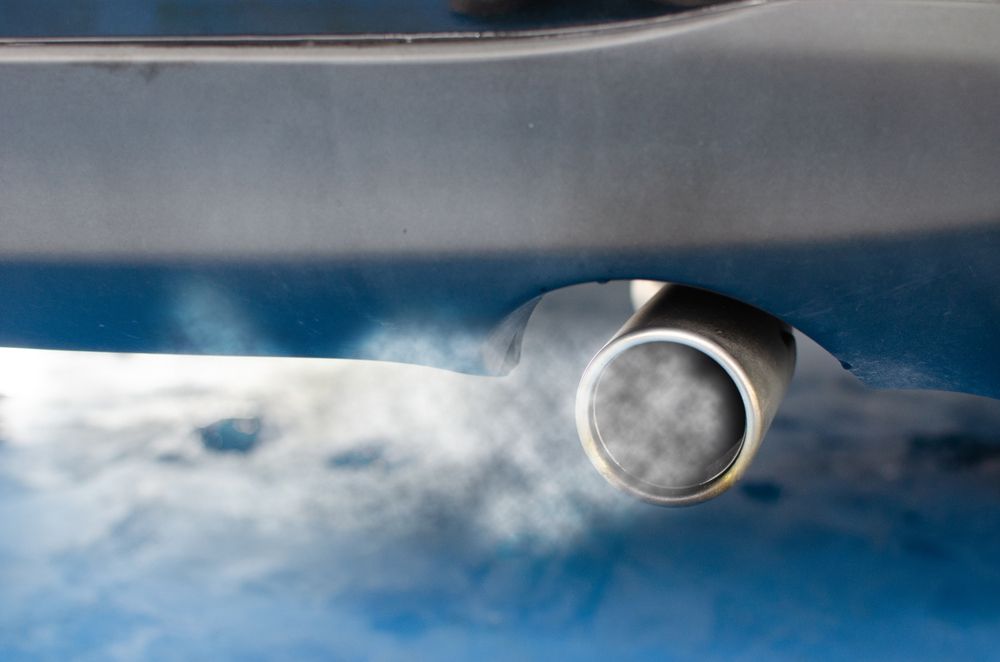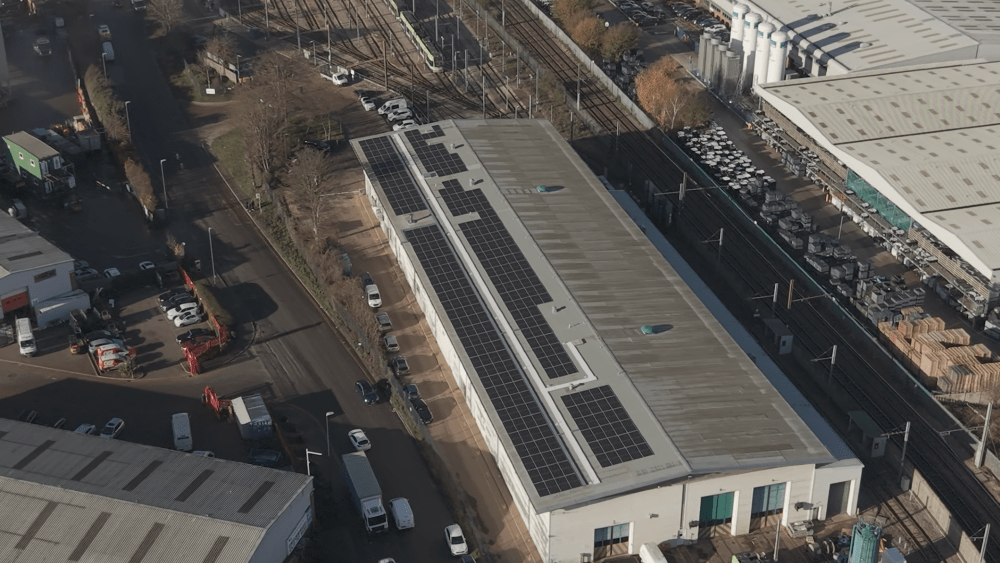Three-quarters (76%) of British high streets may exceed recommended annual levels of air pollution, according to a Gridserve study.
The report claims WHO air pollution levels are above recommended levels in 76% of the 25 largest towns and cities in the UK.
Researchers measured small PM2.5 pollutants in the air, which can enter the bloodstream and cause illnesses such as asthma, heart disease and lung cancer.
The World Health Organisation’s recommendation of 5 micrograms per cubic meter air (µg/m3) was lower in only six towns.
Stoke had the highest level at 11.7, followed by Newcastle at 11.5 and Leicester at 11.2. Newcastle also registered the highest single reading of 20.5.
Glasgow had the cleanest air at just 2.2 µg/m3, followed by Edinburgh (2.7). Scotland was the first country in Europe to adopt the WHO recommended limit for PM2.5 in 2016.
Additional research among 2,000 adults revealed 40% are concerned about the air quality on the street where they do most of their shopping, with emissions from cars being the main reason (60%).
Nearly half of people think more plants (46%) or fewer cars (44%) would improve air quality, while a third think more electric vehicles would help (36%), and a quarter of people are trying to find greener ways to travel (26%).
Sam Clarke, Chief Vehicle Officer at Gridserve, said: “With millions set to hit the high street this festive period, we wanted to look at the state of the nation’s air quality in the locations people will be doing most of their Christmas shopping. It’s shocking to see that so many were above the World Health Organisation’s annual recommendations for air pollution, and that one in 10 shoppers are even planning on foregoing the high streets altogether due to air quality.”
“If we’re to reach the World Health Organisation’s annual target of 5 µg/m3 of PM2.5 in our air, collectively we need to change our behaviours. With vehicle emissions being a key contributor, anything we can do to travel more greenly, from walking more to cycling, and including electric vehicles, is a very valuable set forward to improve the air we breathe daily.”
Image from Shutterstock












